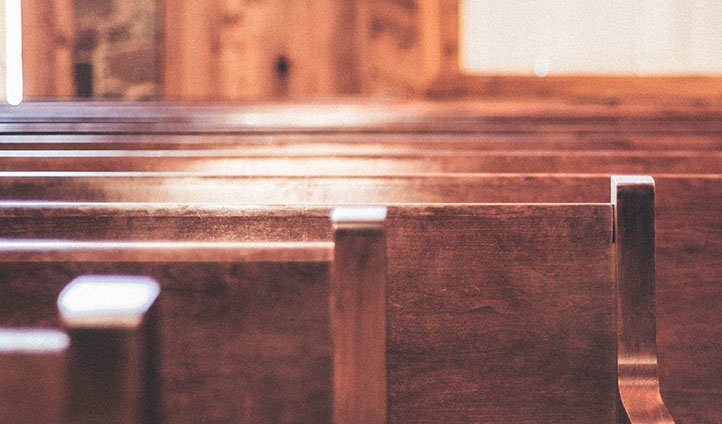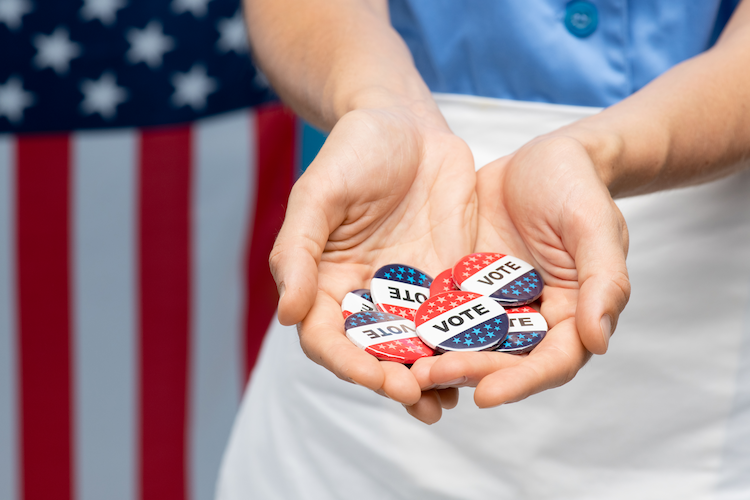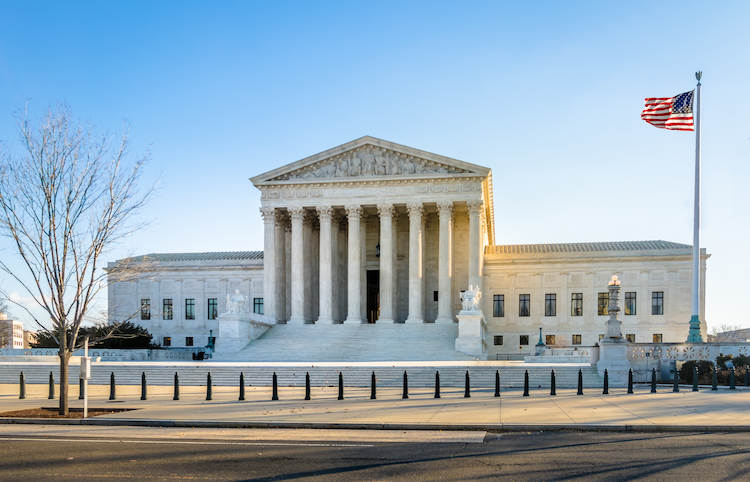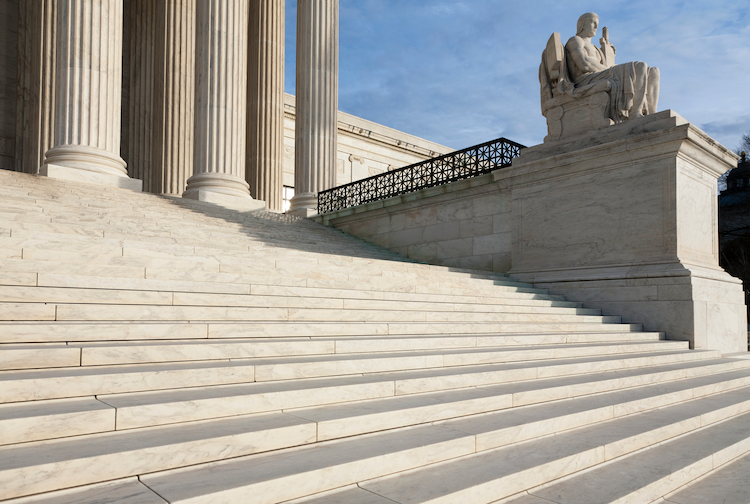Richmond Newspapers Inc v Virginia Establishes Right to Attend Criminal Trials
Historical
In Richmond Newspapers Inc v Virginia, 448 U.S. 555 (1980), the U.S. Supreme Court held that the right to attend criminal trials was “implicit in the guarantees of the First Amendment.”
Facts of Richmond Newspapers Inc v Virginia
At the commencement of a defendant’s fourth trial on a murder charge (his conviction after the first trial having been reversed on appeal, and two subsequent retrials having ended in mistrials), the Virginia trial court granted the defense counsel’s motion that the trial
Later that same day, however, the trial judge granted the request of the appellants, a newspaper and two of its reporters who were present in the courtroom, for a hearing on a motion to vacate the closure order. Appellants’ counsel contended that constitutional considerations mandated that, before ordering closure, the court should first decide that the defendant’s rights could be protected in no other way. However, the trial judge denied the motion, saying that, if he felt that the defendant’s rights were infringed in any way and others’ rights were not overridden, he was inclined to order closure, and ordered the trial to continue “with the press and public excluded.”
The court ultimately found the defendant not guilty. Thereafter, the court granted appellants’ motion to intervene nunc pro tunc in the case, and the Virginia Supreme Court dismissed their mandamus and prohibition petitions and, finding no reversible error, denied their petition for appeal from the closure order.
Plurality Decision in Richmond Newspapers Inc v Virginia
By a vote of 7-1, the Court sided with Richmond Newspaper Inc. Chief Justice Warren E. Burger authored a plurality opinion.
In his opinion, Chief Justice Burger highlighted that criminal trials have historically been open to the public. He went on to explain that the Constitution affords protection against exclusion of the public from criminal trials. He wrote:
The First Amendment, in conjunction with the Fourteenth, prohibits governments from “abridging the freedom of speech, or of the press; or the right of the people peaceably to assemble, and to petition the Government for a redress of grievances.” These expressly guaranteed freedoms share a common core purpose of assuring freedom of communication on matters relating to the functioning of government. Plainly it would be difficult to single out any aspect of government of higher concern and importance to the people than the manner in which criminal trials are conducted; as we have shown, recognition of this pervades the centuries-old history of open trials and the opinions of this Court.
The Court rejected the argument that the right of the public to attend trials does not exist because the Constitution fails to spell it out. “The right to attend criminal trials is implicit in the guarantees of the First Amendment; without the freedom to attend such trials, which people have exercised for centuries, important aspects of freedom of speech and of the press could be eviscerated,” the Chief Justice wrote.
Dissent in Richmond Newspapers Inc v Virginia
Justice William Rehnquist authored a dissent. He argued that “if the prosecution and the defense find that they have adequate reasons to close a trial to the public, this should be upheld by the Courts.”
Previous Articles
SCOTUS Rules Trump Can Remain on Ballot Rejecting 14th Amendment Challenge
by DONALD SCARINCI on April 4, 2024
The U.S. Supreme Court unanimously held in Trump v. Anderson, 601 U.S. ____ (2024), that states can...
SCOTUS to Take Up Abortion Again in April
by DONALD SCARINCI on April 2, 2024
The U.S. Supreme Court will take up abortion again with oral arguments in Moyle v. United States sc...
SCOTUS Ends February Sitting With Oral Arguments in Six Cases
by DONALD SCARINCI on March 21, 2024
The U.S. Supreme Court held oral arguments in six cases to end its February sitting. A pair of case...
The Amendments
-
Amendment1
- Establishment ClauseFree Exercise Clause
- Freedom of Speech
- Freedoms of Press
- Freedom of Assembly, and Petitition
-
Amendment2
- The Right to Bear Arms
-
Amendment4
- Unreasonable Searches and Seizures
-
Amendment5
- Due Process
- Eminent Domain
- Rights of Criminal Defendants
Preamble to the Bill of Rights
Congress of the United States begun and held at the City of New-York, on Wednesday the fourth of March, one thousand seven hundred and eighty nine.
THE Conventions of a number of the States, having at the time of their adopting the Constitution, expressed a desire, in order to prevent misconstruction or abuse of its powers, that further declaratory and restrictive clauses should be added: And as extending the ground of public confidence in the Government, will best ensure the beneficent ends of its institution.




